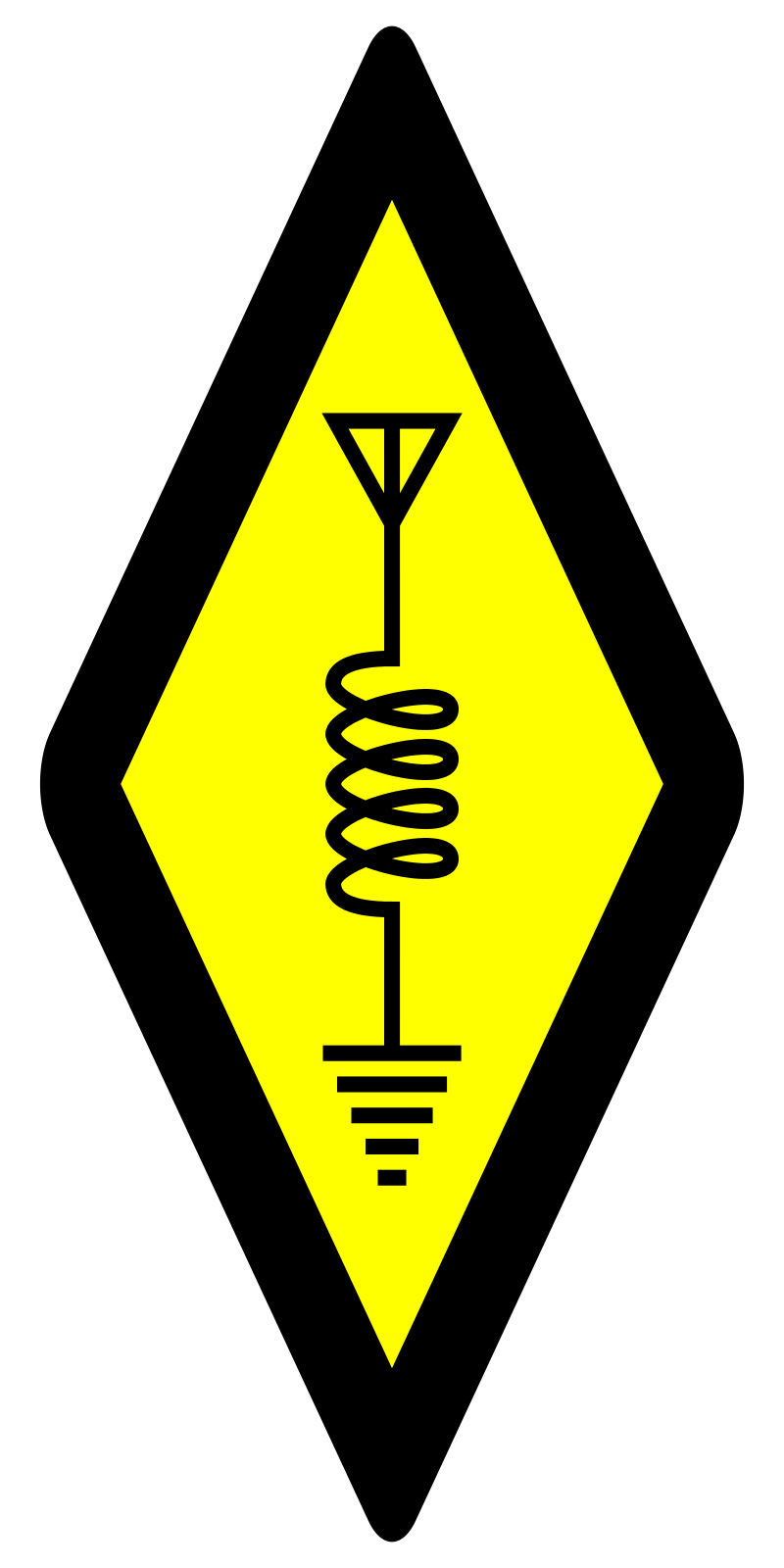The International Amateur Radio Union or IARU, is the governing body of our community. It represents us on the world stage through the International Telecommunications Union, the ITU. As I’ve discussed before, it consists of four separate organisations working together, the International Amateur Radio Union, the global body, and three regional ones, Region 1, 2 and 3, each representing the hobby of amateur radio. Previously I’ve looked at the constitution of the IARU to get a sense of its purpose in the world.
At the time I mentioned the notion of comparing the four organisations against each other, since ostensibly they’re doing the same thing for a different part of the world.
Each of these regional bodies was created separately by different groups of people and their constitutions reflect that. The Global IARU constitution, last updated in 1989 consists of nine pages. The IARU Region 1 constitution, with proposed amendments from 2020 has 31 pages, the English version of the Region 2 constitution, since there’s also a Spanish one, was amended in 2019 has six pages including two copies of Article 2, and refers regularly to the Global IARU constitution and finally, Region 3, amended in 2012 has 15 pages.
What is striking at first glance is just how poorly these documents are constructed. Formatting, inconsistent spelling, indentation, general layout and all are lacking attention to detail. I think that this reflects poorly on the internal workings of the IARU, but I digress.
Curiously, the Region 3 website has a whole section on proposed changes to the constitution. Many of those changes are around the election of officials and voting procedures. It also includes the use of modern communications like email and remote conference facilities on internet platforms. One paragraph stood out: “It was also realised that changes would need to be made to formally recognise that we will (as happened at the online conference in 2021) have females as well as males taking responsible positions in IARU Region 3.”
It must have come as quite a shock to the delegates to learn that there are females in our hobby. This must have already happened in Region 1, since there is a reference to “he/she” in relation to being elected. Mind you, use of the word “they” must not have occurred to the authors.
But don’t worry, we shouldn’t rush these things, the International body and the Region 2 constitutions both use “he” for roles. I will point out that the International body has a weasel clause where it states, among other things, “words importing only the masculine gender include the feminine gender and the neutral gender”. It’s a good start, but falls short of standards expected today.
If you’re not sure what all the fuss is about, let me illustrate:
“The term of office of the President shall be for a period of five years from the date of ratification of porcupine nomination, and porcupine shall remain in office until the nomination of porcupine successor has been ratified.”
If that felt jarring for you, you might get some sense of what it feels like for someone reading that with gender pronouns that don’t match the text.
A better solution would be:
“The term of office of the President shall be for a period of five years from the date of ratification of their nomination, and they shall remain in office until the nomination of their successor has been ratified.”
It’s not the first time we’ve struck this type of issue. It’s high time that we did something about it. Over a year ago, I pointed out that OM, Old Man, and XYL, eX Young Lady, were derogatory and we should replace them with OP, operator, and SO, significant other. A year before that I proposed a revision of the Amateur’s Code to make its language inclusive and reflective of the wider community in which we operate.
I’ve had discussions with people who identify across the gender spectrum about much of this and the overwhelming feedback I received is that our community is Old White Men clamouring to grow the hobby without a clue that the words they use are part of the problem.
So, credit to Region 1 for implementing some of this and to Region 3 for starting this conversation. I don’t doubt that there are members in the Global IARU and Region 2 who would like to see this implemented and to you I say: It’s time, high time, to review what language our community uses to identify itself to the wider community. More generally, as the governing and representative global bodies you should be leading the way and providing guidance to the member societies.
So, next time you promote our community, refer to others, link to articles, and attempt to encourage participation, you should take a moment and ask yourself if what you’re saying is truly speaking to people who are not Old White Men and if that’s the case, what you might do to embrace the wider community.
The standard you walk past is the standard you accept.
I’m Onno VK6FLAB

